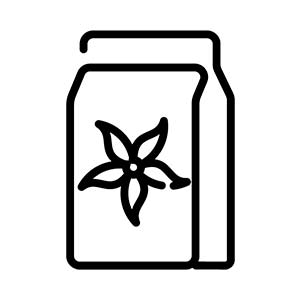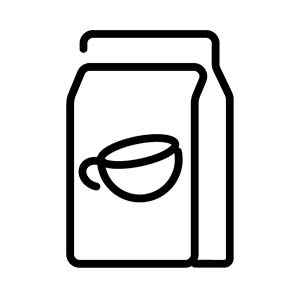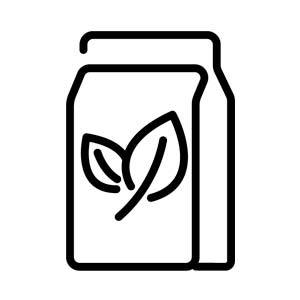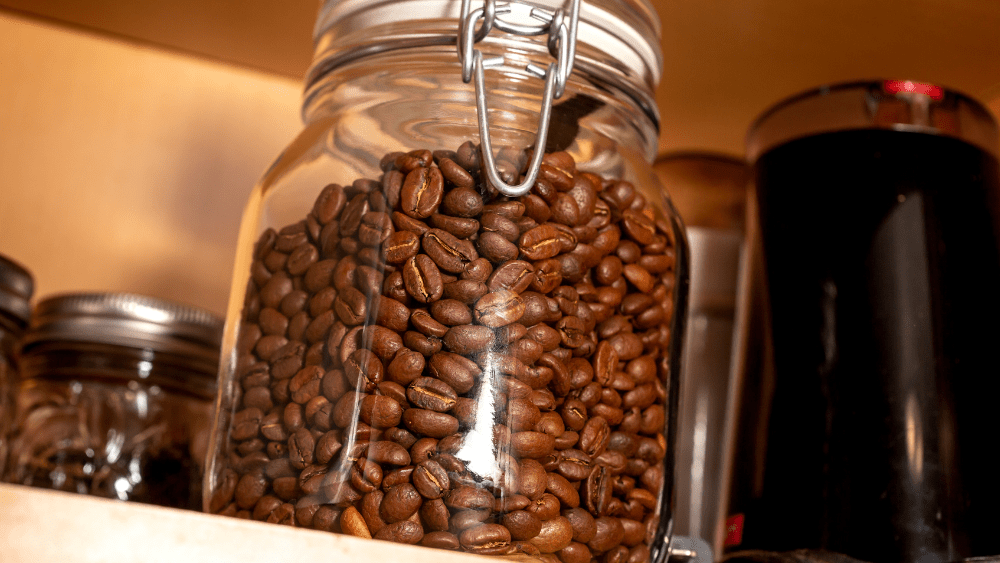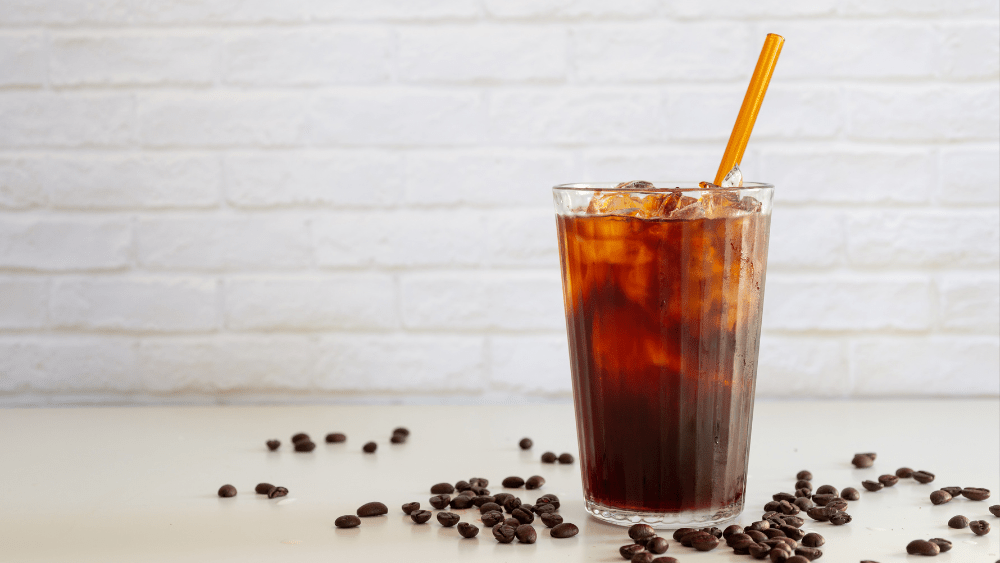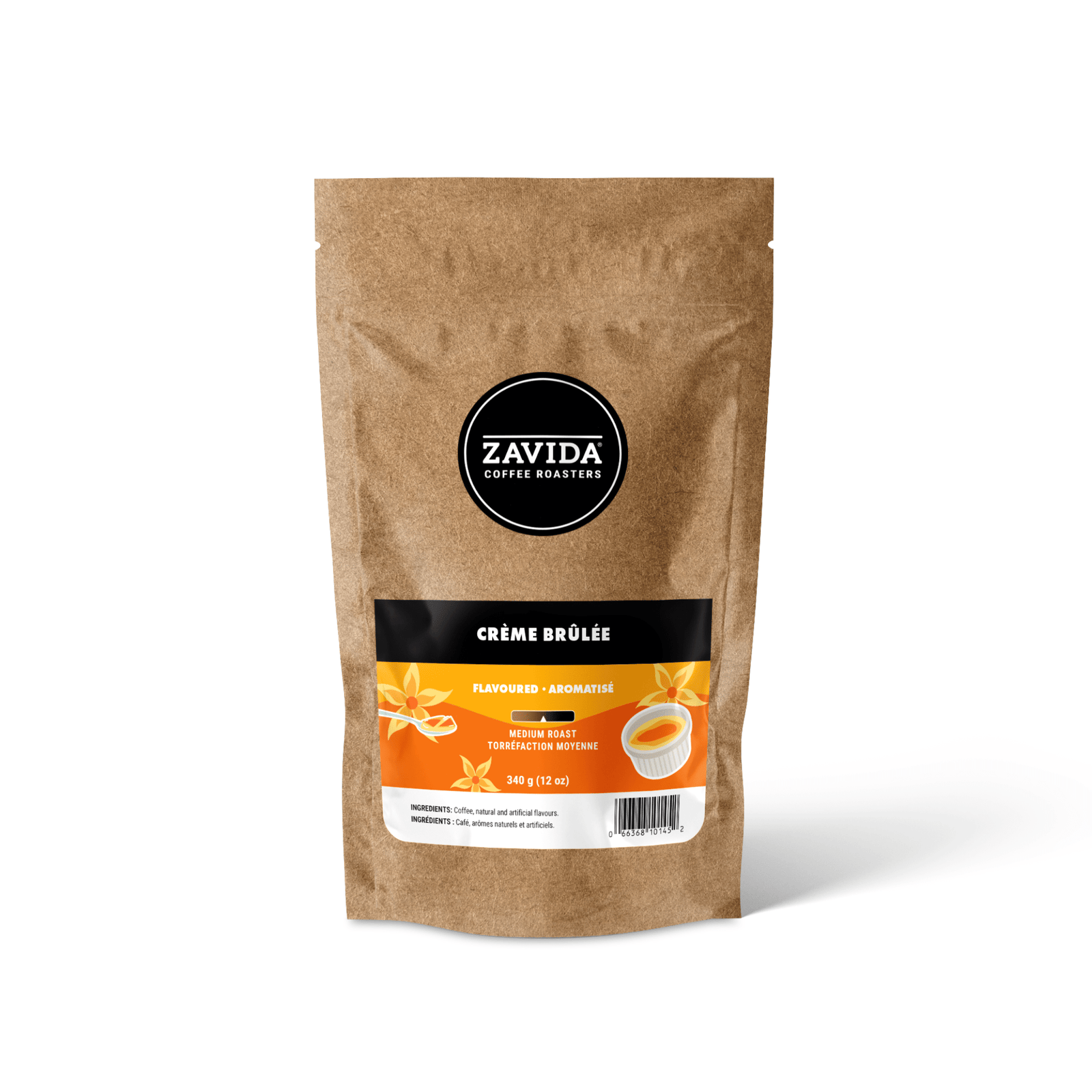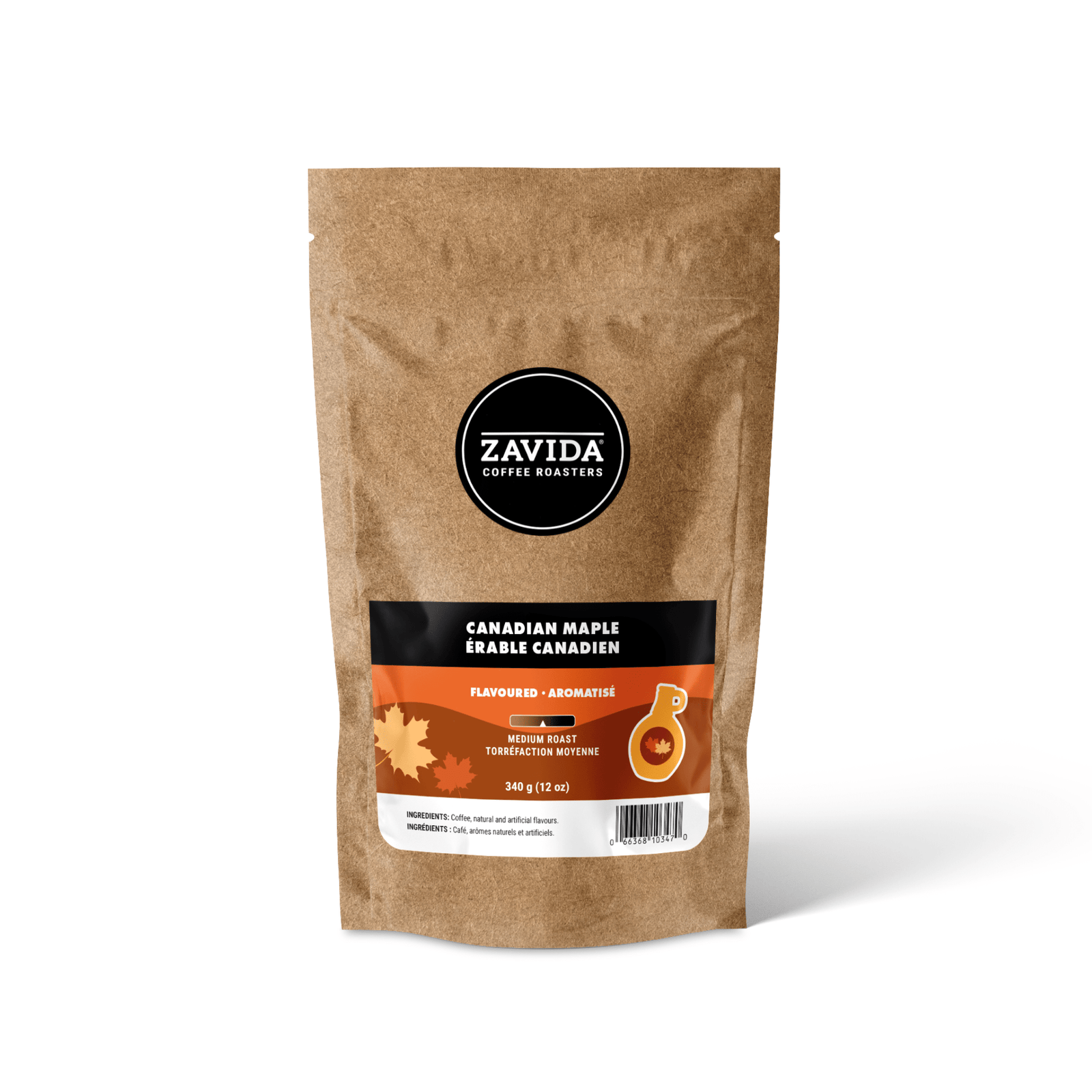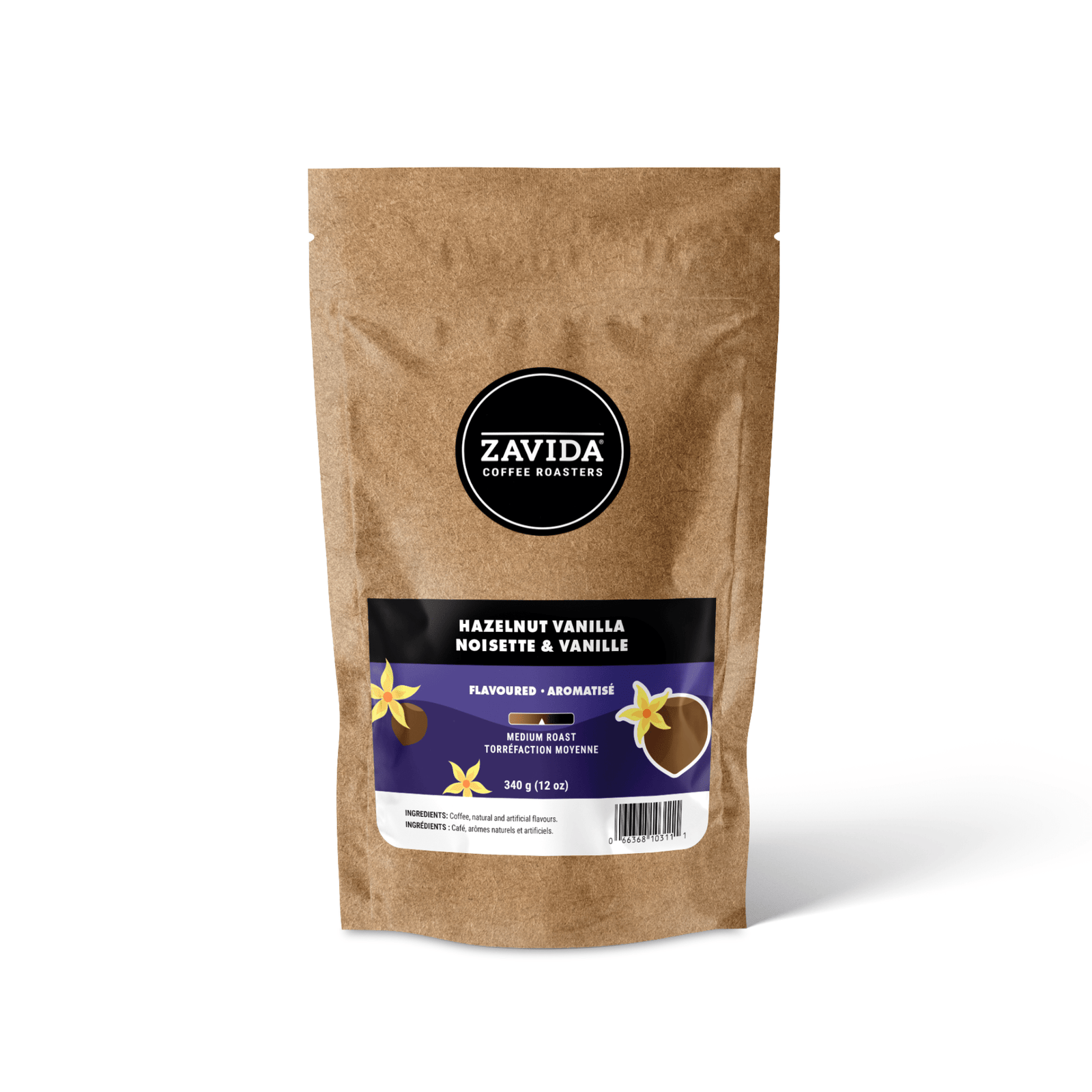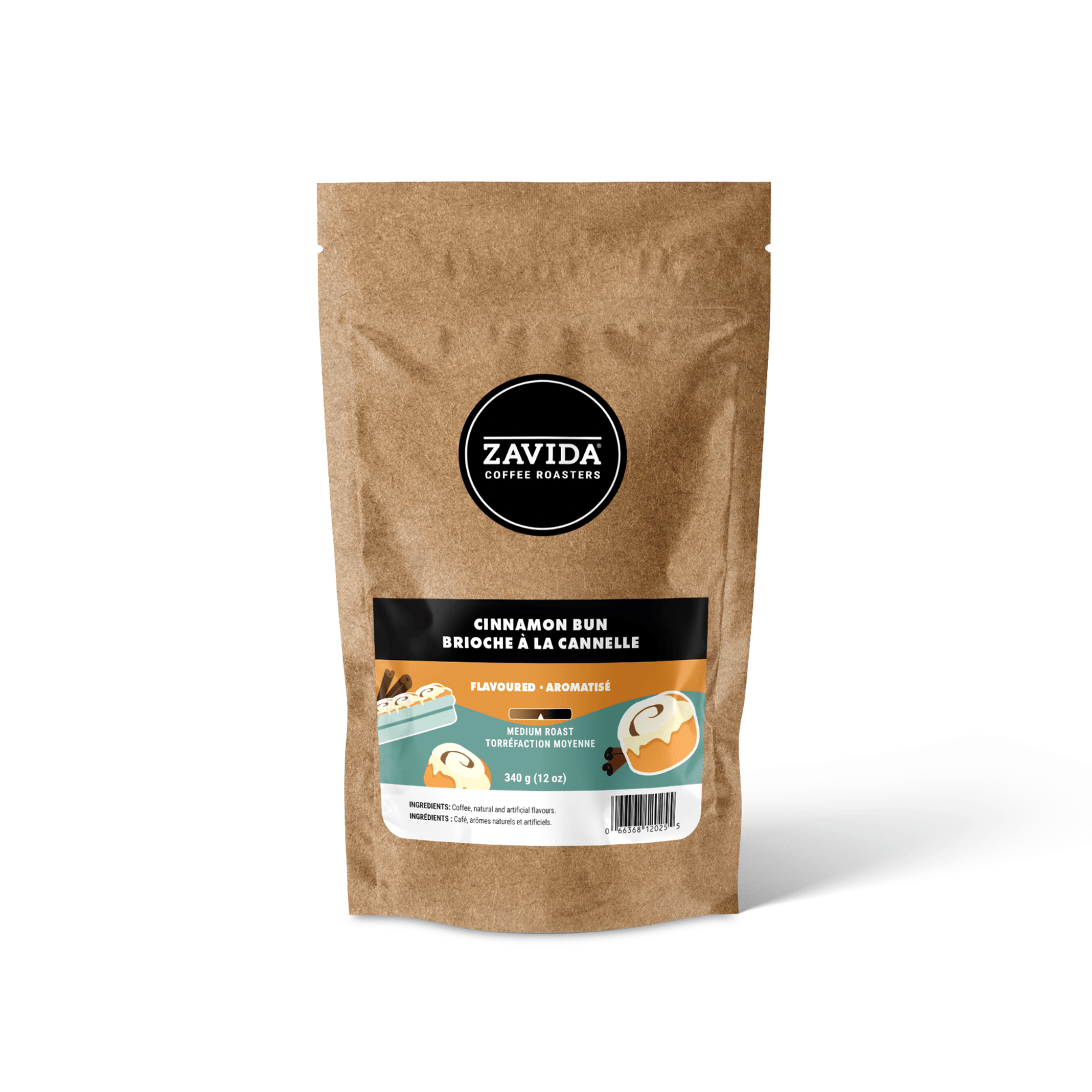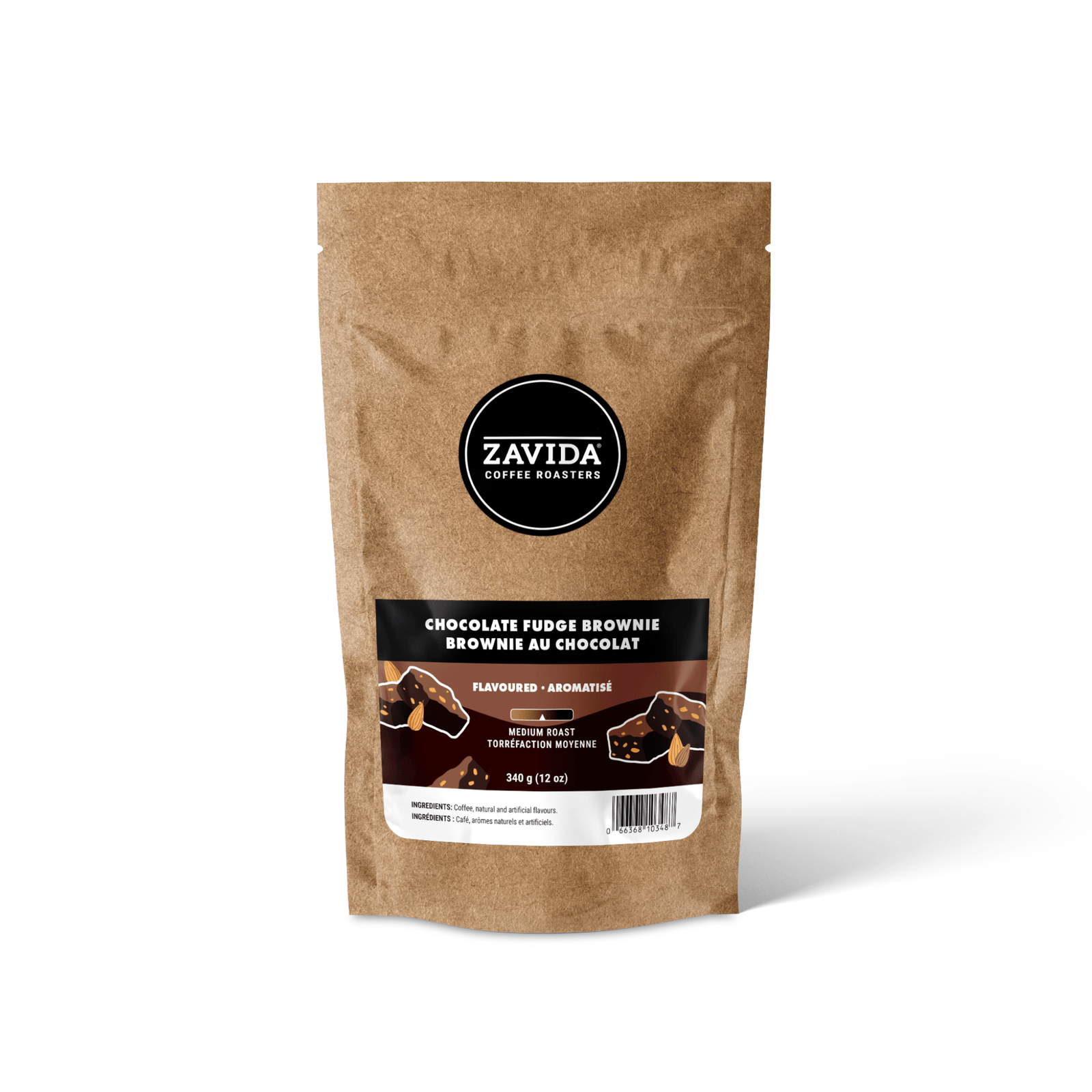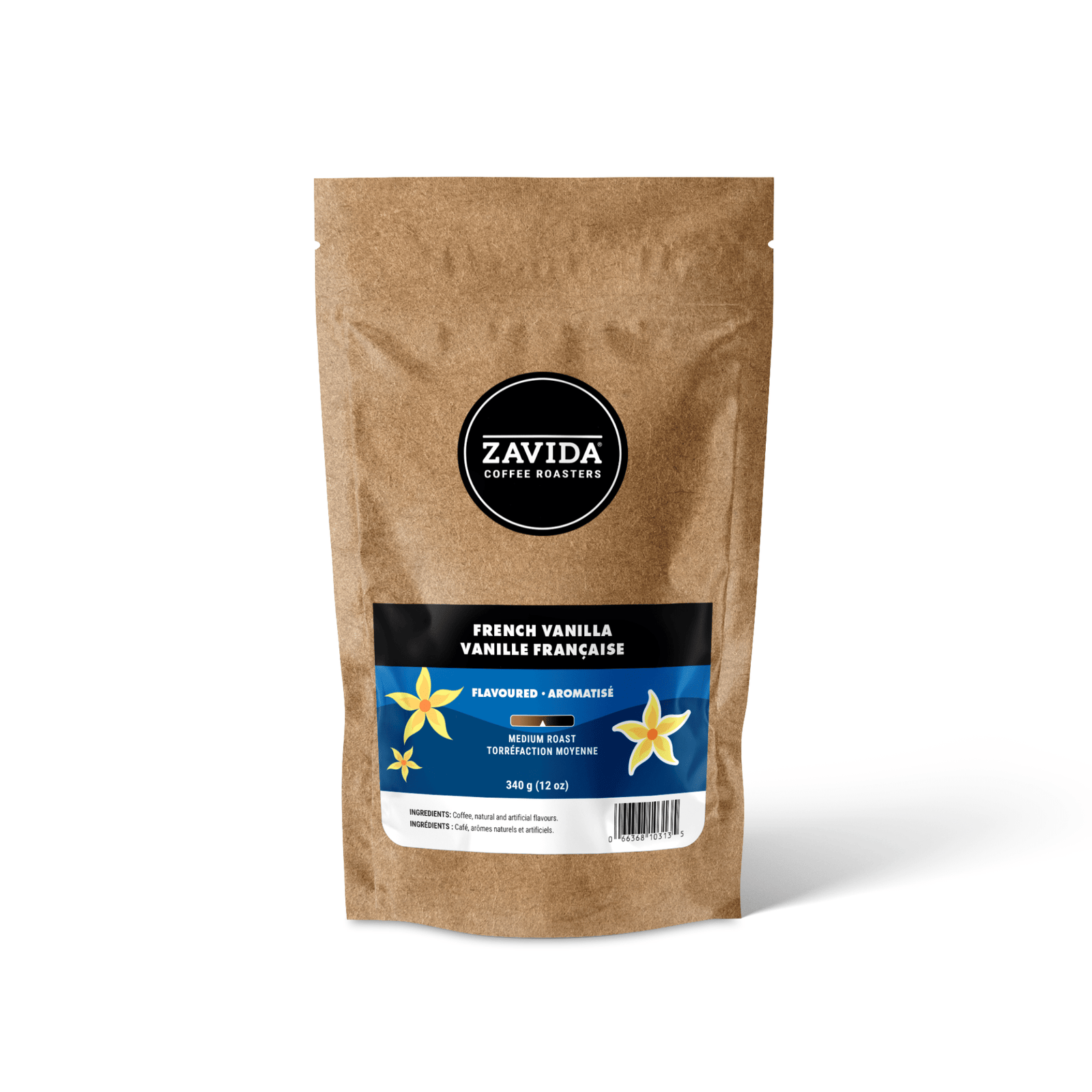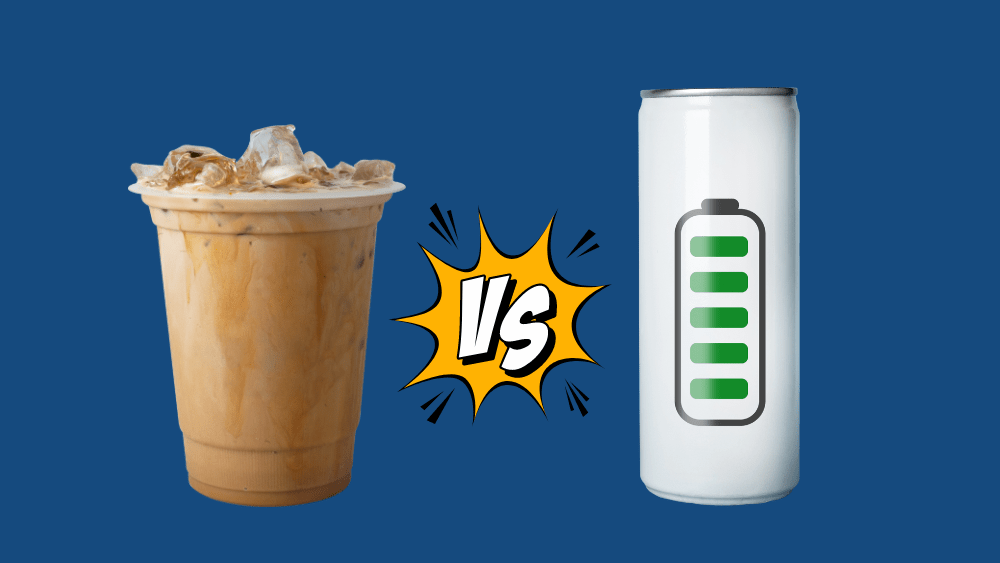
Coffee and energy drinks are both tasty, caffeinated beverages known for waking you up in the morning and providing a quick boost of energy throughout the day. Want to find out which option is better for you and better for your wallet?
Learn about the pros and cons of each type of beverage, highlighting which drink typically offers the most energy, the best caffeine fix, the fewest calories, and is the most budget-friendly option.
WHICH DRINK CONTAINS THE MOST CALORIES AND SUGAR?
Coffee is calorically efficient! Since coffee is produced by simply brewing coffee beans, most coffees have virtually no calories or sugar in them, and Zavida coffees are calorie-and-sugar-free! This is amazing news for all coffee addicts out there!
A boost of energy without calories is a winning proposition, especially if you follow a sugar-free or reduced-calorie diet. However, note that this depends on whether you add extra ingredients to your fresh cup of joe. Black coffee usually has no calories or sugar, but a sweet, creamy coffee will inevitably contain more of both.
On the other hand, energy drinks are typically full of sugar and contain calories, which can cause more damage than good in the long run. Having a sudden buzz of sugar might boost your energy for a short period but can also cause you to crash down again once the rush has worn off.
Some energy drinks are advertised as “sugar-free”, but these cans tend to include acesulfame K and aspartame. On the flip side, you can easily enjoy a low-calorie cup of coffee. Just make sure to add all-natural stevia as opposed to sugar. Note also that almond milk is a great low-calorie alternative to cream.
WHICH CAFFEINATED BEVERAGE IS GENERALLY THE HEALTHIEST?
Energy drinks commonly contain high quantities of vitamins B3 and B6, which may sound good, but consuming excessive amounts of these ingredients isn’t always beneficial. High amounts of these vitamins could lead to skin conditions, liver and nerve damage, or even impaired vision.
These canned drinks also tend to include stimulants such as taurine, guarana, and ginseng, which have the potential to cause problems when combined with caffeine.
With a cup of coffee, you know exactly what it contains, so you’re in control of what you’re drinking. No fancy vitamins, added stimulants, or dyes - just simple, tasty coffee.

DOES COFFEE OR AN ENERGY DRINK PROVIDE THE BEST ENERGY BOOST?
Energy drinks do give a boost but only for a short period. The high levels of sugar and additional sweeteners in energy drinks provide a sudden jolt of energy, but also increase the likelihood of a sugar crash and a drop in energy. They are great for when you seek a quick sharp boost, but they don’t provide a very sustained amount of energy.
Coffee, on the other hand, is great for waking you up in the morning. It typically provides a more moderate energy boost than energy drinks, but this can last for many hours rather than minutes.
When deciding between an energy drink and a cup of coffee, you should first consider how long you need to remain energized. If you need energy for a long period, coffee can be a more effective option.
IS THERE MORE CAFFEINE IN COFFEE OR ENERGY DRINKS?
Caffeine is a stimulant that works on your central nervous system, increasing energy and alertness. However, too much caffeine can cause negative side effects including headaches, anxiety, and irritability.
Coffee and energy drinks contain similar amounts of caffeine, but coffee may contain slightly more. Regular and sugar-free energy drinks contain around 70-80 mg of caffeine per 8 ounces, whereas coffee averages around 75-90 mg per 8 ounces. Zavida Coffee contains approximately 79 mg per 8-ounce cup.
The caffeine level in coffee depends on the type of coffee (Arabica or Robusta), the roast level, and how fine the coffee is ground. It’s also important to note that a typical energy drink is served in a 16-ounce can, which doubles the caffeine you consume.
WHICH DRINK IS THE BEST STUDY COMPANION?
Caffeine helps increase concentration and alertness if consumed responsibly. This means both coffee and energy drinks can be useful when preparing for your upcoming finals. If you aren’t consuming multiple caffeinated drinks in quick succession, you should be fine.
However, it is important to remember that caffeine is not a substitute for sleep. Balancing sleep, nutrition, and the amount of caffeine consumed is vital to make real progress with your studying.
For optimal focus, also include physical exercise, a balanced diet, frequent pauses, and a distraction-free working environment.
WHICH DRINK IS MORE EXPENSIVE?
On an economical level, coffee is considerably cheaper than energy drinks. For example, a 2lb bag(approx. 65 cups of coffee) of our Organica Rainforest Alliance Coffee might cost roughly the same as a 12-pack of energy drinks. To purchase 65 energy drinks, on the other hand, would cost a lot more.
Ultimately, coffee is easily accessible, and the most budget-friendly drink of the two.
WHICH DRINK IS MOST ECO-FRIENDLY?
In this category, coffee wins hands-down. Very few energy drinks have achieved organic certification, and it’s not clear where the caffeine and ingredients are sourced from. Plus, once you put all the cans into the fridge to keep them cold (requiring energy to cool them), the individual cans and packaging contribute to waste.
Coffee beans are often sourced in an environmentally sustainable fashion, and many coffees are certified organic. You can brew multiple cups of coffee from a small bag of coffee, which cuts down on packaging waste and drink your coffee from a reusable travel mug or cup. The best part, coffee doesn’t require refrigeration! In fact, the best place to store your coffee is in a cupboard or pantry.
At Zavida, we have an organic line called Organica Rainforest Alliance Coffee, made with 100% premium Arabica beans. It is certified organic by the USDA, the Canadian Food Inspection Agency (CFIA), and Quality Assurance International (QAI). Not only is it organic, but it is also Rainforest Alliance Certified, meaning that it has been grown and harvested using environmentally and socially responsible practices.
IS IT BAD TO DRINK COFFEE AND ENERGY DRINKS AT THE SAME TIME?
Caffeine is a stimulant that can cause negative side effects if over-consumed. These side effects include increases in heart rate, blood pressure, stress, and irritability. When mixing coffee and energy drinks together, you’ll likely be hit with a double dose of caffeine at once, which can compound these side effects.
It’s best to avoid mixing the two together at all. Instead, try taking a break between each caffeinated drink you consume and see how you feel.
A common misconception is that caffeinated drinks “sober you up” quickly but this isn’t the case. Drinking caffeine will not increase your alcohol tolerance.
RELATED BLOG POSTS
To continue your coffee journey, check out the blog articles below:
Coffee 101: Different Types of Coffee Roasts
Brewing Coffee Without Electricity
CONCLUSION: WHICH BEVERAGE IS THE BEST?
Overall, we believe that coffee is the winning caffeinated beverage. It’s healthy, energy-boosting, and has a simple list of ingredients. It’s also considerably more cost-effective.
Whichever beverage you decide to choose, it’s important to drink caffeine in moderation while maintaining a balanced diet and getting adequate sleep.
If you’re now in the mood for a good cup of coffee, be sure to check out our delicious organic coffee collection on our website! Also, feel free to consult our blog or contact us for more coffee-related advice or recipe ideas.

